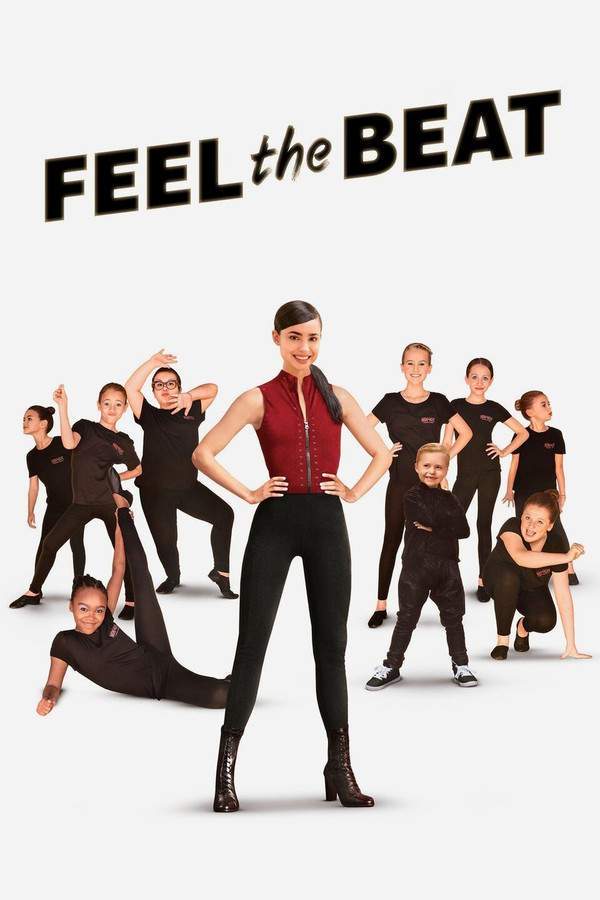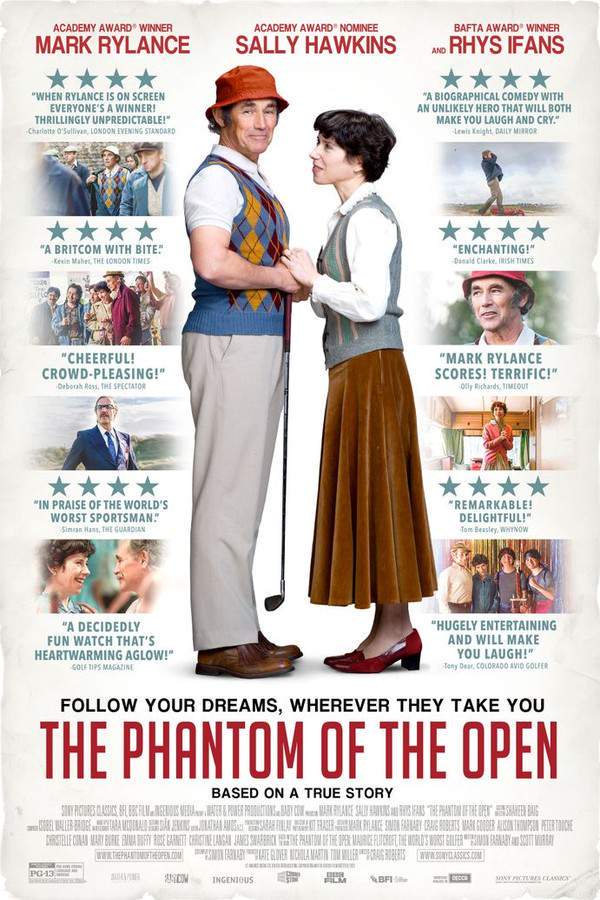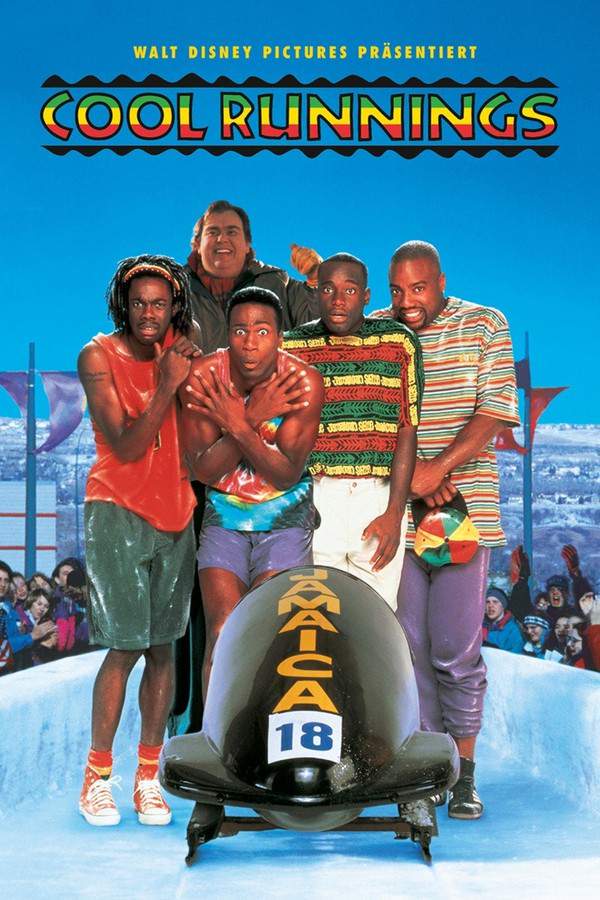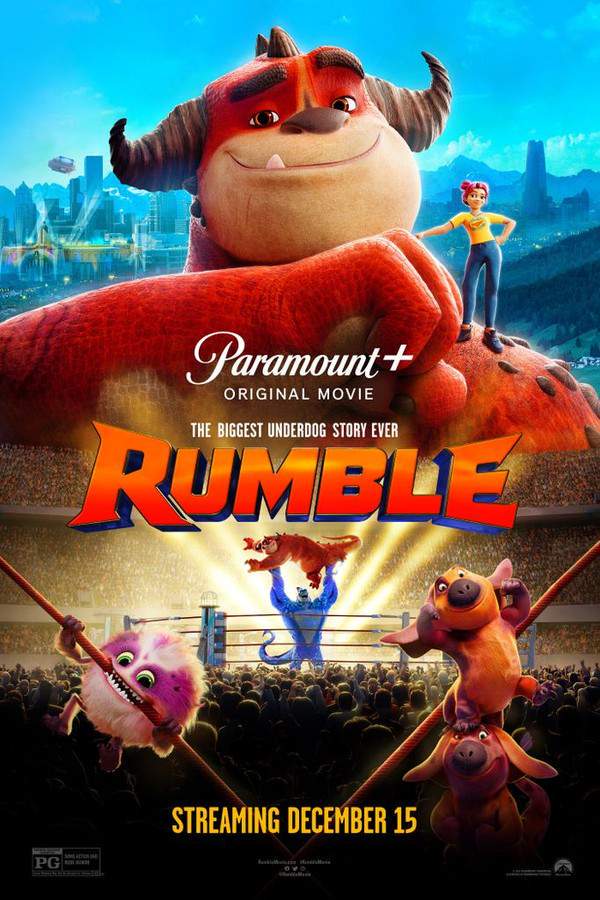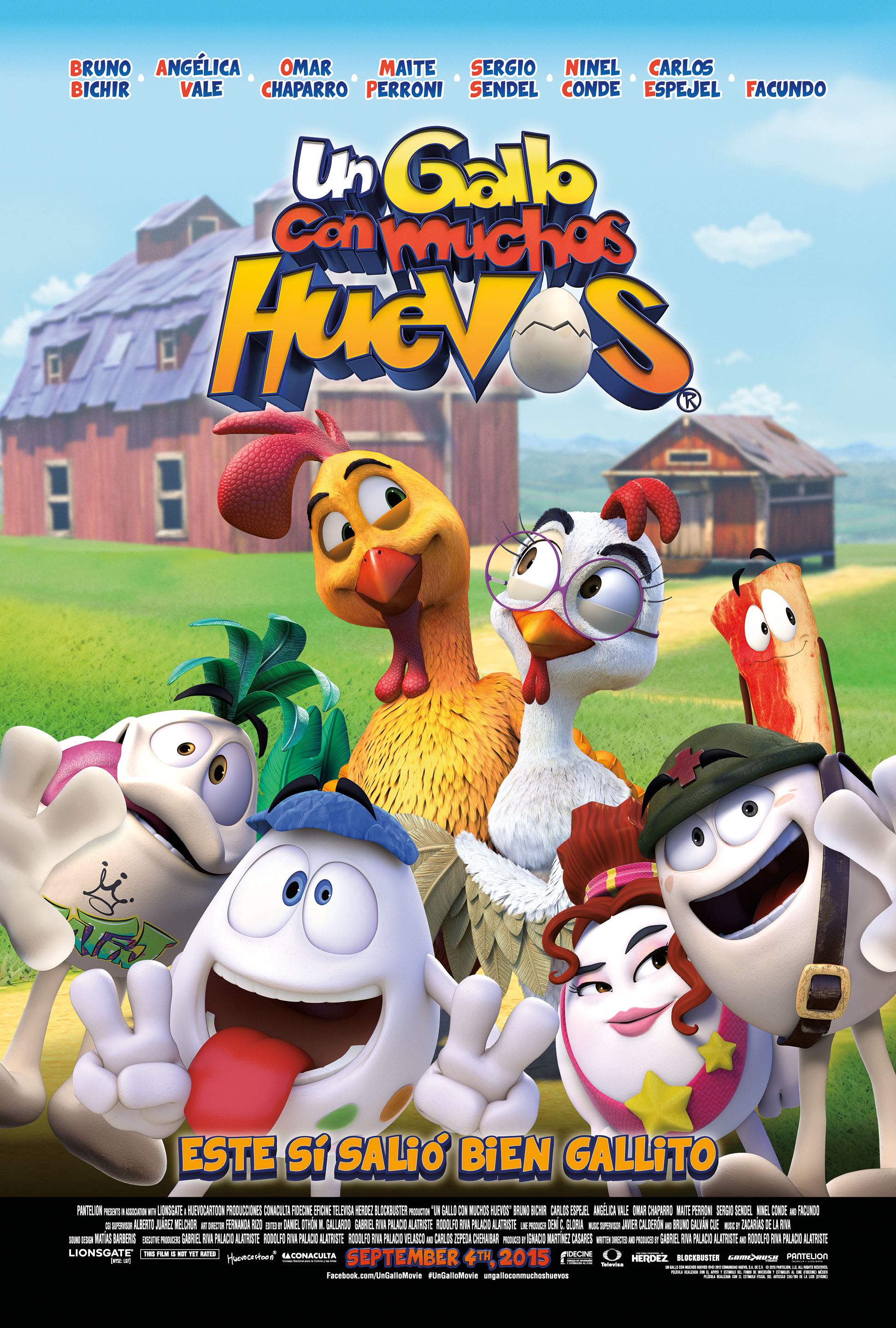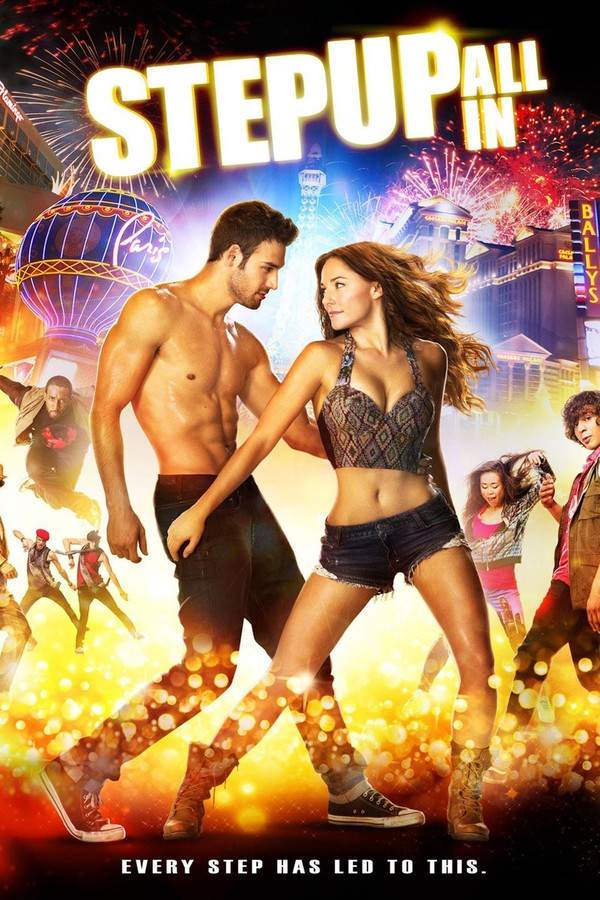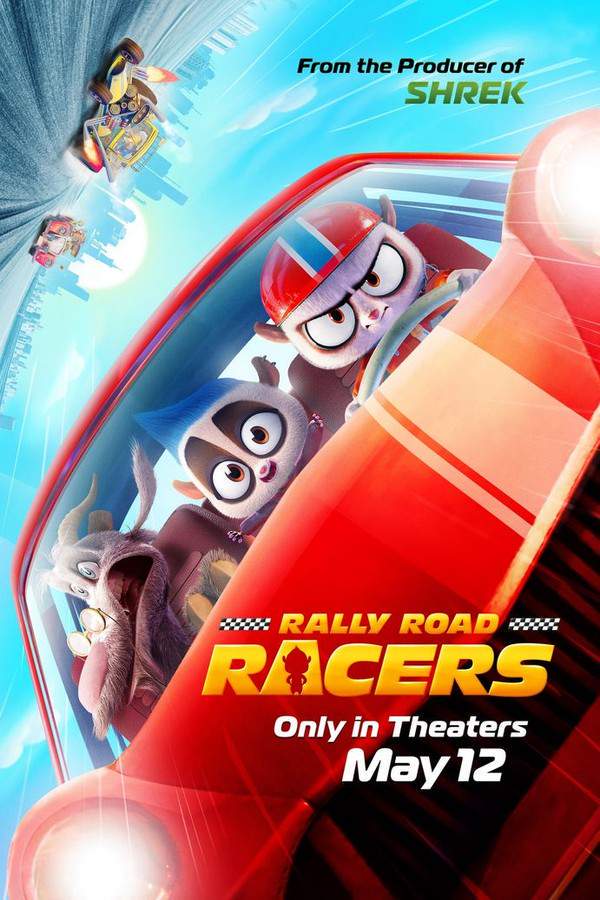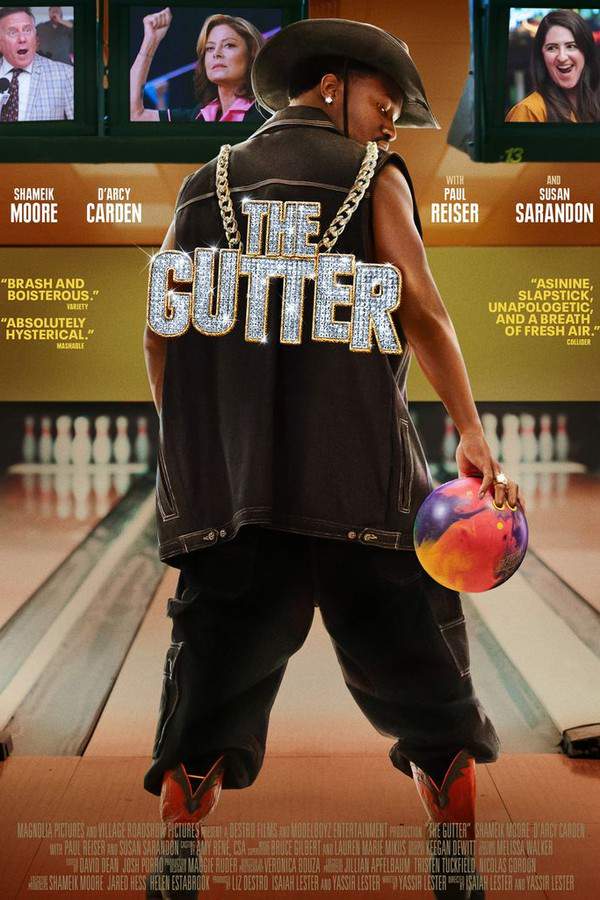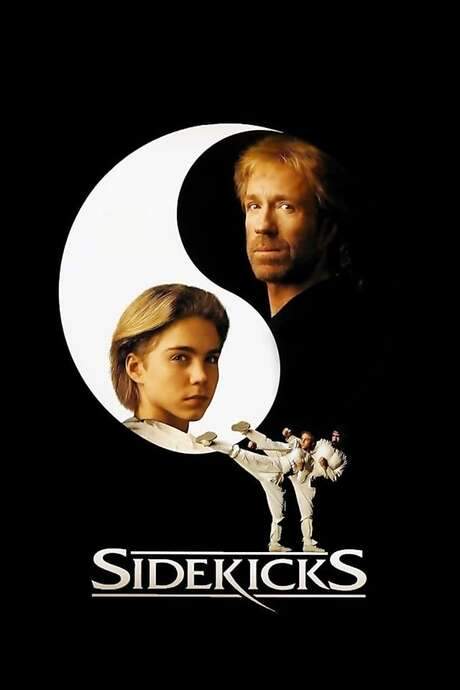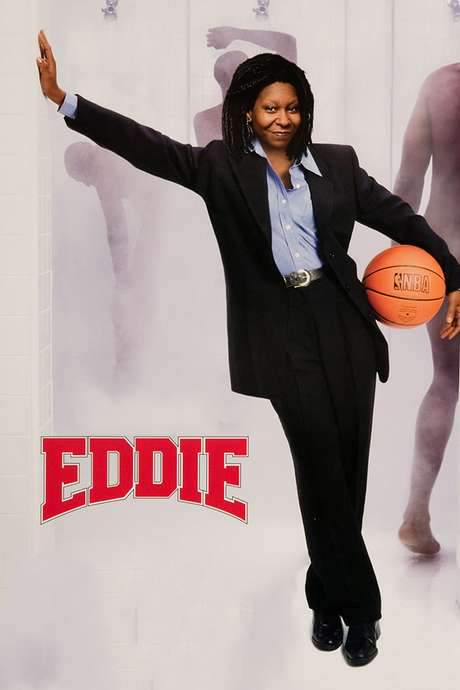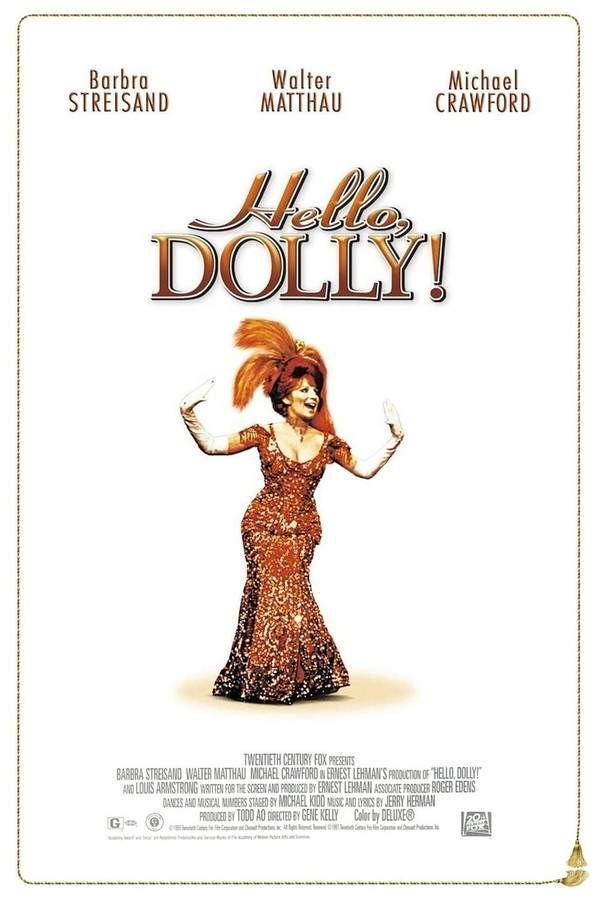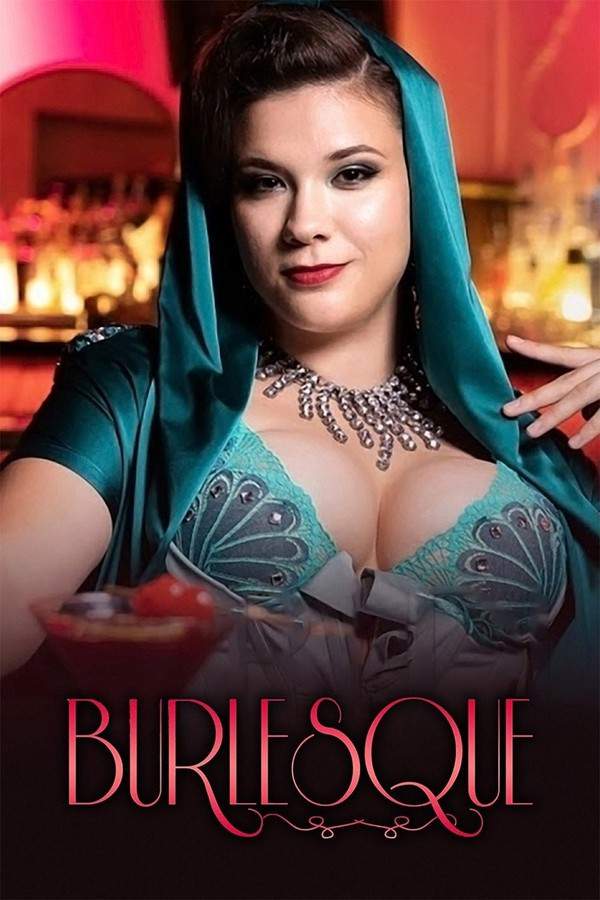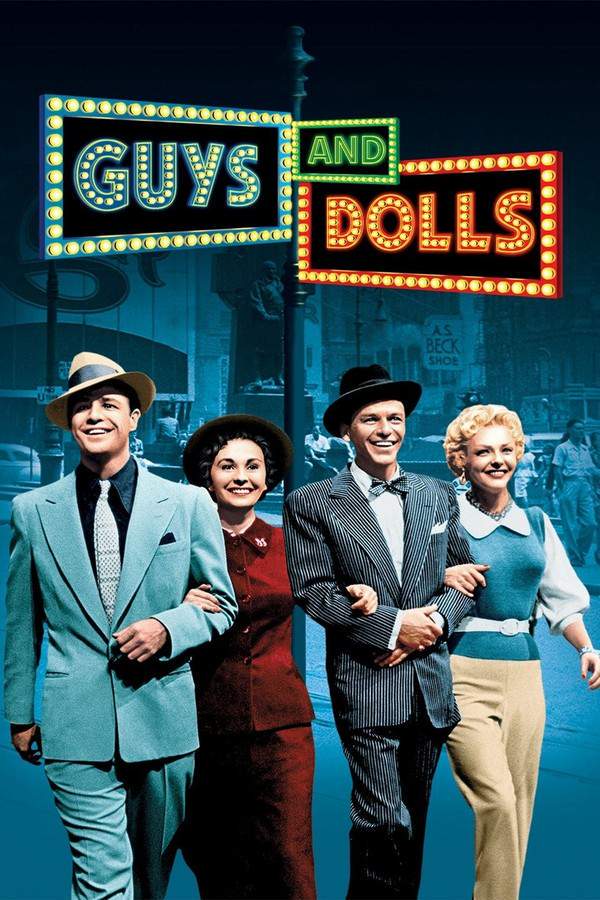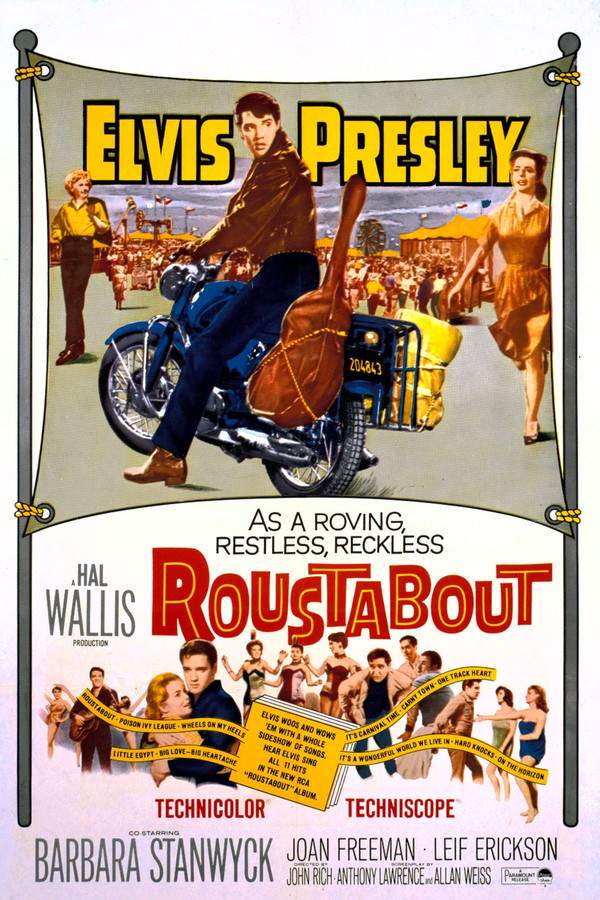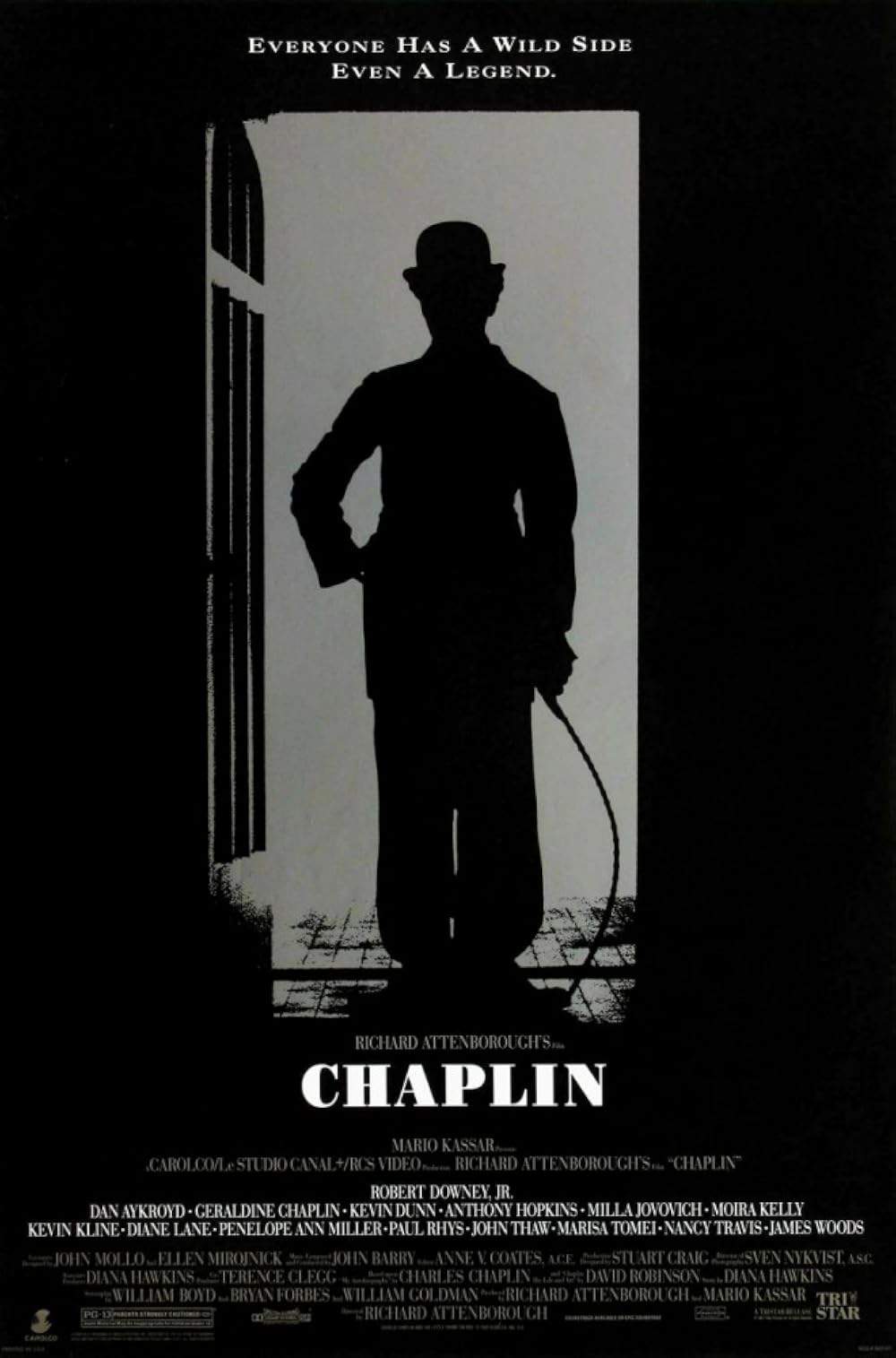
Champagne Charlie
Year: 1944
Runtime: 105 mins
Language: English
Director: Alberto Cavalcanti
Michael Balcon’s lively tribute to classic music‑hall entertainment follows a rustic newcomer who bursts onto the London stage as ‘Champagne Charlie.’ His rapid rise makes him the city’s hottest act, sparking a fierce rivalry with an established performer as both vie for the audience’s applause.
Warning: spoilers below!
Haven’t seen Champagne Charlie yet? This summary contains major spoilers. Bookmark the page, watch the movie, and come back for the full breakdown. If you're ready, scroll on and relive the story!
Champagne Charlie (1944) – Full Plot Summary & Ending Explained
Read the complete plot breakdown of Champagne Charlie (1944), including all key story events, major twists, and the ending explained in detail. Discover what really happened—and what it all means.
Joe Saunders and his brother Fred arrive in London from Leybourne in Kent, heading straight to the Elephant and Castle pub, a bustling crossroads for boxing and music-hall life. The room hums with energy as the local boxing star Tom Sayers holds court, Eddie Phillips bringing the part to life on screen. When Fred signs up for a trial bout, Joe is asked to sing to entertain the customers. At first hesitant, he lets his voice rise and fall with the room’s pulse, and the patrons respond with cheers and smiles. The keen-eyed landlord sees more than a momentary talent and offers Joe a regular engagement for £1 a week plus two free beers a night, a modest but real foothold in a world that mixes sport, song, and streetwise charm.
A month passes, and Joe becomes a genuine crowd-pleaser, his name drawing larger and livelier crowds. An invitation follows to sing at the Mogador, a local music hall that marks a step up from the pub stage. The Mogador’s owner, Bessie Bellwood [Betty Warren], is not shy about expressing a blunt verdict when Joe tries a slower, melancholic number—she calls it “horrible.” Undeterred, Joe walks away but quietly hums a different tune to himself, a moment that makes Bellwood reconsider and, with a practical eye, offer him a chance under a new banner and a new name: George Leybourne.
Leybourne’s ascent is swift and magnetic. He becomes a regular headliner at the Mogador, his voice filling the room and the streets beyond. A visitor’s comparison to The Great Vance spurs Bellwood to arrange a proper introduction to the era’s top star, [Stanley Holloway]. The encounter fuels Leybourne’s resolve, and a new song, “Ale, Old Ale,” quickly catches on with audiences. In response, Vance counter-sings with his own drinking ballad, a playful clash that intensifies the rivalry between the two men. The duel of wits becomes a duel of tunes, and Leybourne’s signature hit, “Champagne Charlie,” pushes him into the vanguard of music-hall fame.
The rivalry heats up to a point where it touches the very law of the stage. Vance issues a pistols-at-dawn challenge, expecting an apology, but Leybourne accepts with the good-natured mischief that underpins the music-hall world. The duel is farcical rather than fatal, a scene that lands with a wink rather than a wound, and the two adversaries carry on, each refining work that keeps audiences packing the houses. Yet the threat to music halls grows as the government tightens its grip, aided by theatre owners who fear losing their own audiences to the vitality of the music-hall circuit.
Amid the turbulence, a softer current threads through the story: Dolly Bellwood [Jean Kent], Bessie’s daughter, finds a romance with Lord Petersfield [Peter De Greeff], the Duke’s affable son. The class gap between Dolly and Petersfield looms large, colored by the memory of a much earlier union between Bessie and the Duke, who had been poised to marry long before social lines became as rigid as law. The Duke, embodied by [Austin Trevor], is pulled into a political fight of his own as he leads the committee considering a clampdown on music halls, threatening the livelihoods of countless performers. Bessie presses him to recognize the real human cost of such closures and to consider the happiness of Dolly’s future with Petersfield.
A dramatic riot erupts during Leybourne’s latest hit, funded in part by theatre owners who hope to crush the Mogador’s momentum. Police sirens swell as order seems to slip away, and the performers—and their staff—rally to protect their venues. Vance, taking command of the moment, leads his team to help quell the chaos, and the riot is defused just as the law closes in. The immediate danger passes, and the Mogador continues to stand as a beacon of a vibrant, living tradition in the face of looming restrictions.
When the committee finally gathers to hear all sides, the atmosphere becomes tense with the weight of consequence. Leybourne and Vance step forward to testify, and the Mogador’s fate—and that of the wider music-hall world—hung in the balance. The Duke himself arrives, and the panel rules in favor of the music halls, preserving a future for entertainers and audiences to share in shared songs and spectacles. The crowd erupts in celebration, champagne flowing as the audience belts out “Champagne Charlie,” sealing Leybourne’s rise and the era’s enduring resilience.
In the end, the story threads together ambition, romance, rivalry, and communal resilience. The music halls survive, not merely as venues but as cultural gatherings that bring people together across class lines, with performances that keep evolving yet staying true to that essential impulse: to entertain, connect, and celebrate life, one song at a time.
Last Updated: October 09, 2025 at 09:32
Explore Movie Threads
Discover curated groups of movies connected by mood, themes, and story style. Browse collections built around emotion, atmosphere, and narrative focus to easily find films that match what you feel like watching right now.
Competitive underdog stories like Champagne Charlie
Charming stories where an outsider rises to the top through talent and spirit.Find more movies like Champagne Charlie where a spirited newcomer rises through the ranks of a competitive world. These stories blend ambition, rivalry, and charming performances for an ultimately uplifting and celebratory viewing experience.
Narrative Summary
The narrative follows a classic underdog arc: an outsider enters a vibrant, competitive field and quickly gains attention, sparking a rivalry with a more established figure. The story progresses steadily through a series of challenges and triumphs, with the protagonist's talent and likability ensuring their ultimate success and integration into the community.
Why These Movies?
Movies in this thread share a hopeful, light tone and a focus on personal triumph. They are united by a central, good-natured rivalry, a steady pace of career milestones, and an emphasis on celebratory communal moments rather than deep, traumatic conflict.
Charming backstage musicals like Champagne Charlie
Energetic stories set in the world of live performance, filled with song and camaraderie.If you liked the music hall setting and celebratory vibe of Champagne Charlie, explore these other movies about the world of live performance. They share an energetic feel, communal spirit, and a lighthearted look at the dramas of showbusiness.
Narrative Summary
The narrative unfolds within a specific performance milieu, using the structure of putting on a show or a career rivalry to explore themes of ambition, legacy, and community. The plot is often secondary to the atmosphere, musical numbers, and the interplay between a colorful cast of characters, leading to a celebratory conclusion that affirms the value of their art and fellowship.
Why These Movies?
These movies are grouped together by their distinctive world—the backstage environment—and the specific vibe it creates. They prioritize communal energy, celebratory music, and a light, charming tone over complex, heavy plotting, resulting in a consistently uplifting and entertaining experience.
Unlock the Full Story of Champagne Charlie
Don't stop at just watching — explore Champagne Charlie in full detail. From the complete plot summary and scene-by-scene timeline to character breakdowns, thematic analysis, and a deep dive into the ending — every page helps you truly understand what Champagne Charlie is all about. Plus, discover what's next after the movie.
Champagne Charlie Timeline
Track the full timeline of Champagne Charlie with every major event arranged chronologically. Perfect for decoding non-linear storytelling, flashbacks, or parallel narratives with a clear scene-by-scene breakdown.

Characters, Settings & Themes in Champagne Charlie
Discover the characters, locations, and core themes that shape Champagne Charlie. Get insights into symbolic elements, setting significance, and deeper narrative meaning — ideal for thematic analysis and movie breakdowns.

Champagne Charlie Spoiler-Free Summary
Get a quick, spoiler-free overview of Champagne Charlie that covers the main plot points and key details without revealing any major twists or spoilers. Perfect for those who want to know what to expect before diving in.

More About Champagne Charlie
Visit What's After the Movie to explore more about Champagne Charlie: box office results, cast and crew info, production details, post-credit scenes, and external links — all in one place for movie fans and researchers.

Similar Movies to Champagne Charlie
Discover movies like Champagne Charlie that share similar genres, themes, and storytelling elements. Whether you’re drawn to the atmosphere, character arcs, or plot structure, these curated recommendations will help you explore more films you’ll love.
Explore More About Movie Champagne Charlie
Champagne Charlie (1944) Scene-by-Scene Movie Timeline
Champagne Charlie (1944) Movie Characters, Themes & Settings
Champagne Charlie (1944) Spoiler-Free Summary & Key Flow
Movies Like Champagne Charlie – Similar Titles You’ll Enjoy
Chaplin (1993) Movie Recap & Themes
Sparkle (2009) Complete Plot Breakdown
Le Bal (1983) Story Summary & Characters
Caught in a Cabaret (1914) Complete Plot Breakdown
His Musical Career (1914) Full Summary & Key Details
Champagne ! (2022) Film Overview & Timeline
Where’s Charley? (1952) Movie Recap & Themes
Charlie Bubbles (1968) Movie Recap & Themes
Champagne (1928) Complete Plot Breakdown
Charlie Chan on Broadway (1937) Spoiler-Packed Plot Recap
Champagne for Two (1947) Movie Recap & Themes
St. Martin’s Lane (1938) Full Summary & Key Details
Champagne for Caesar (1950) Film Overview & Timeline
Let’s Go Up the Champs-Élysées (1938) Detailed Story Recap
Charlie Chan at Monte Carlo (1937) Full Movie Breakdown

